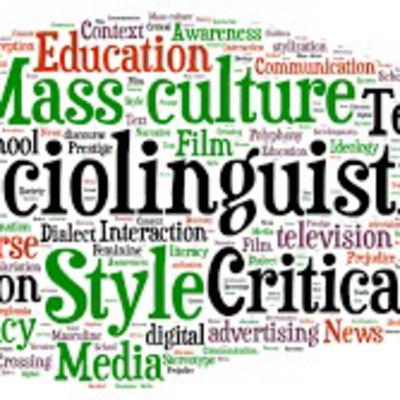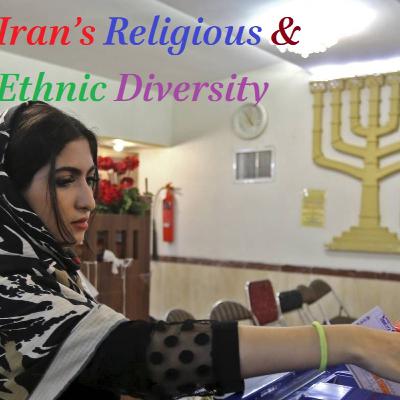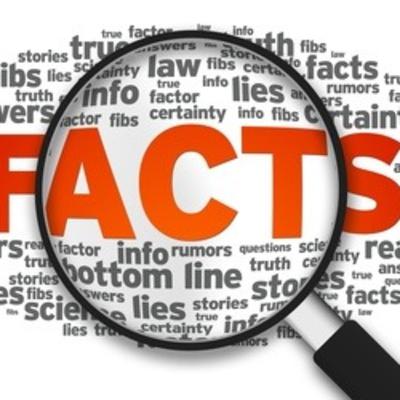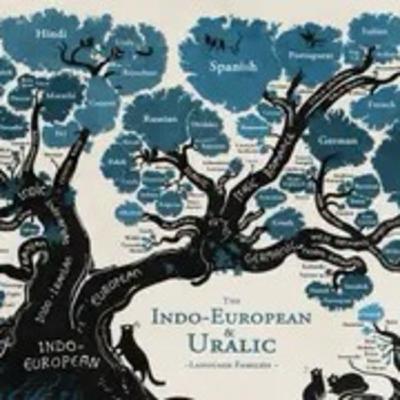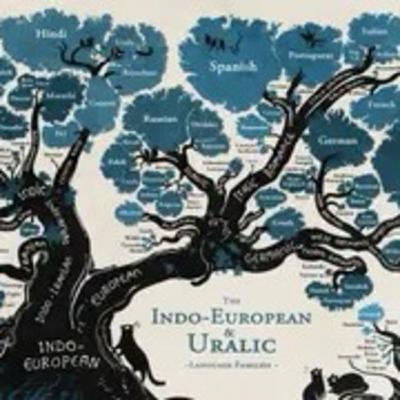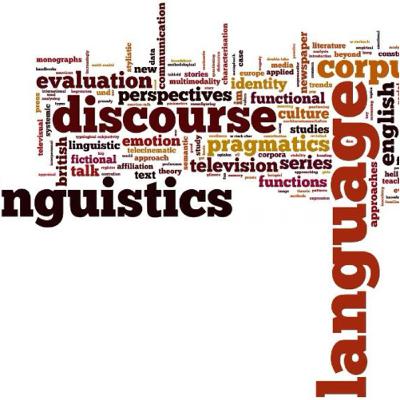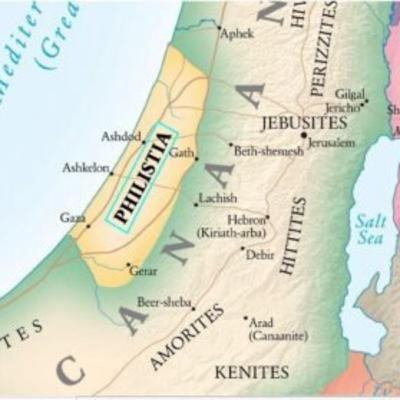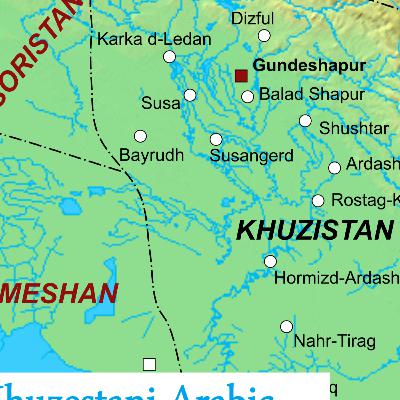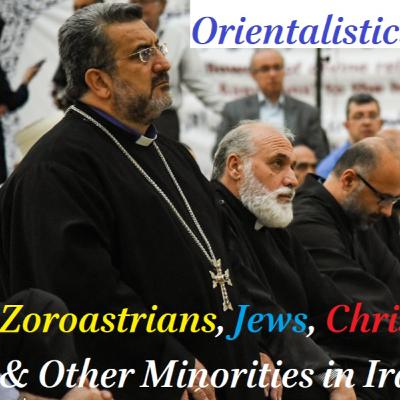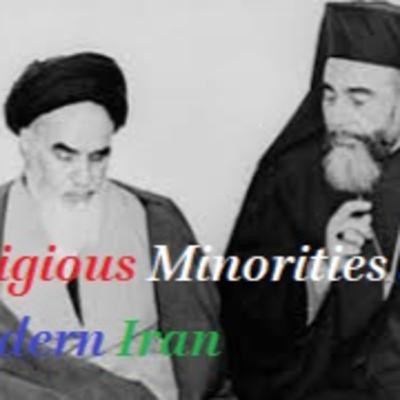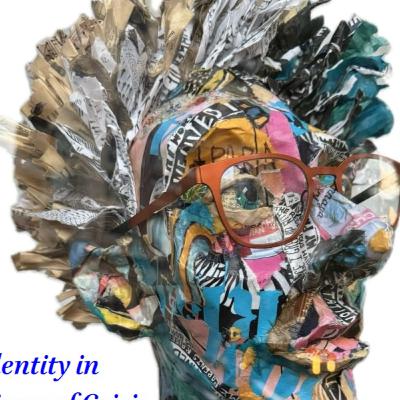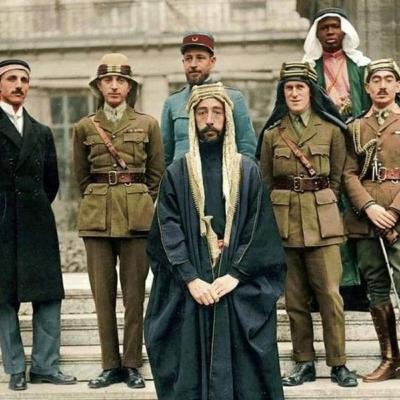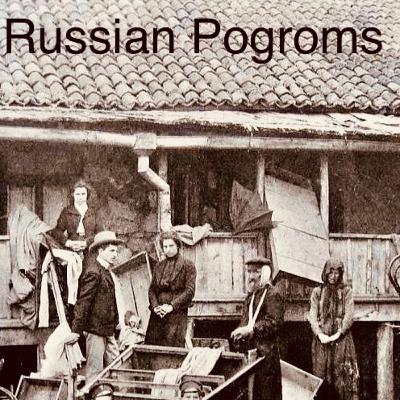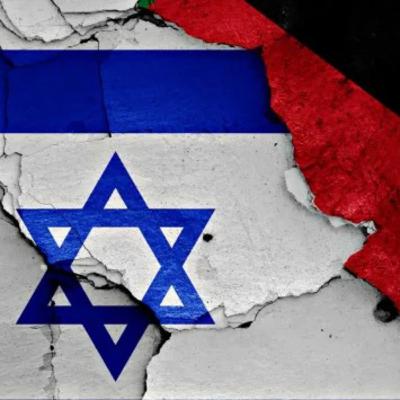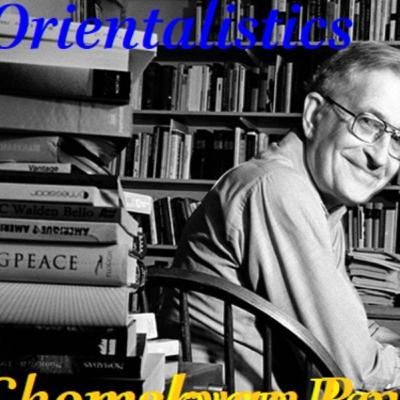Language, Dialect, Idiom, Accent, Slang, Sociolect
Description
LANGUAGE, DIALECT, ACCENT, SLANG, SOCIOLECT: AN INTRODUCTION
In this episode, we'll explore sociolinguistics, the study of the relationship between language and society. We'll cover the differences between language, dialect, accent, pronunciation, and slang.
A language is a system of communication, like English or Persian. A dialect is a regional or social variation of a language, including differences in pronunciation, vocabulary, and grammar. For instance, Austrian German and German German are dialects of the same language but use different words and pronunciations.
Pronunciation is how we produce sounds, which can vary due to factors like speed, clarity, or context. An accent is the way you pronounce words influenced by your background. For example, someone from Abadan speaking Persian sounds different from someone from Tehran.
Slang refers to informal words or phrases used by specific groups, often changing with generations. Examples from the past include "Schnellrechner" for computer or "Muckibude" for a gym, which are now outdated.
A dialect continuum exists when dialects in geographically close regions are mutually intelligible, but those further apart may not be. Isoglosses are boundaries separating linguistic features, and when they cluster, they form dialect boundaries.
Accents affect pronunciation but not vocabulary or grammar, while dialects encompass all three. Understanding these concepts helps us appreciate the rich diversity of language and how it reflects our identities and communities.

